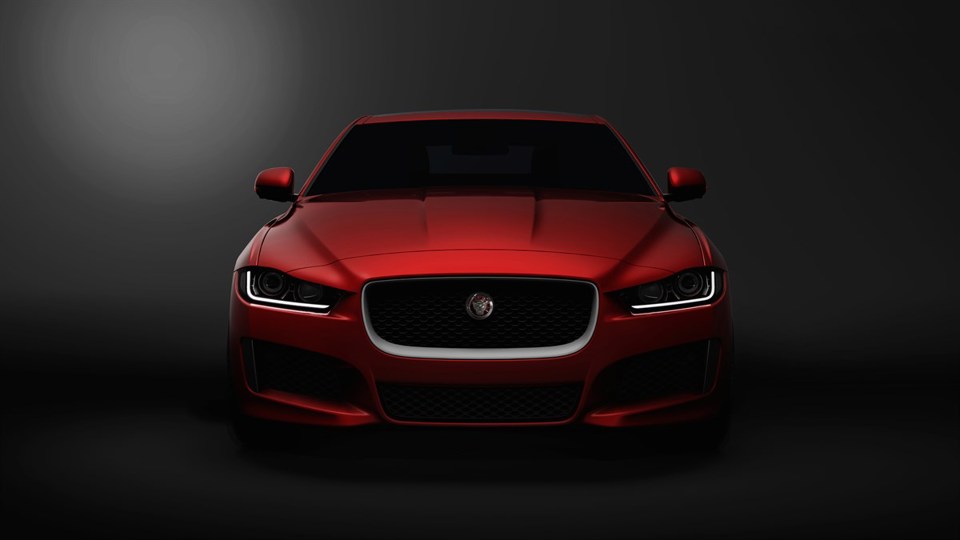Diesel-powered versions of Jaguar’s next car are to spearhead an ambitious drive for fresh corporate business.
Officials at the Midlands firm are confident that the lightweight motor developed for the all-aluminium XE saloon due in 2015 will create significant opportunities for growth in the fleet sector.
Sized at just below the 2.0-litre mark and offering sub-100g/km CO2 emissions, the first compression-ignition unit from the company’s new £500 million engine factory in the West Midlands is poised for a major role in a campaign to wrest business drivers away from the German premium brands.
Unlike Jaguar's current four-cylinder diesel engine, used in the XF, the new unit's capacity at less than 2,000cc will being it into a more favourable category for fleets that use advisory fuel rates (AFR) for business mileage reimbursement.
Mileage for cars with diesel engines between 1,600cc and 2,000cc are currently reimbursed at a lower rate than those above 2,000cc when using AFR. It means that if the new engine eventually replaces the larger 2.2-litre in the XF, it would also give the executive saloon and estate range greater appeal for fleets using AFR.
By the same token could also boost the attraction of smaller models in the line-up of Jaguar's sister brand Land Rover if the new engine replaces the 2.2-litre diesel in Land Rover products, currently offered in the Freelander and Range Rover Evoque.
“The time has come for us to ask corporate drivers to stop regarding Audi, BMW and Mercedes-Benz as the default choice,” Jaguar UK marketing director Ken Forbes told Fleet News. "Over the years, they might have had three or four 3 Series, A4 or C-Class models and our challenge is to persuade them to look at something different.
“We have an alternative that is more than just credible – XE will be the benchmark in the sector."
In an exclusive interview, Forbes conceded the German brands were well- entrenched incumbents and said that in order to succeed, Jaguar needed to command a ‘healthy slice’ of the market.
“We are not here to play on the sidelines – corporate registrations account for 70% of the segment and we have to be successful. If we don’t have the correct proposition, we’re not going to win.
“What we are about is getting on the field of play and winning. We are serious about this car and we are serious about making ground in the fleet sector,” he said.
According to Forbes, feedback from extensive research has been "very positive" and that the XE, which goes on sale in summer, 2015, would be actively considered against strong competition.
“Our focus now is to convince the major fleet decision makers that this car is right in terms of residual values and SMR costs," he said. "Lightweight bodywork and state-of-the-art engines translate into low CO2, good economy and performance and low cost of ownership.
“We have carried out full tests with user choosers and taken note of their thoughts about the styling and how they feel about the brand. People in the market for this kind of car like what we’ve done and have given us very positive feedback.
“Now we have to make sure people think of Jaguar as a brand that is accessible, relevant and cool – we want them to appreciate that after a long time, there is now a compact premium rival to German products.”

















Login to comment
Comments
No comments have been made yet.